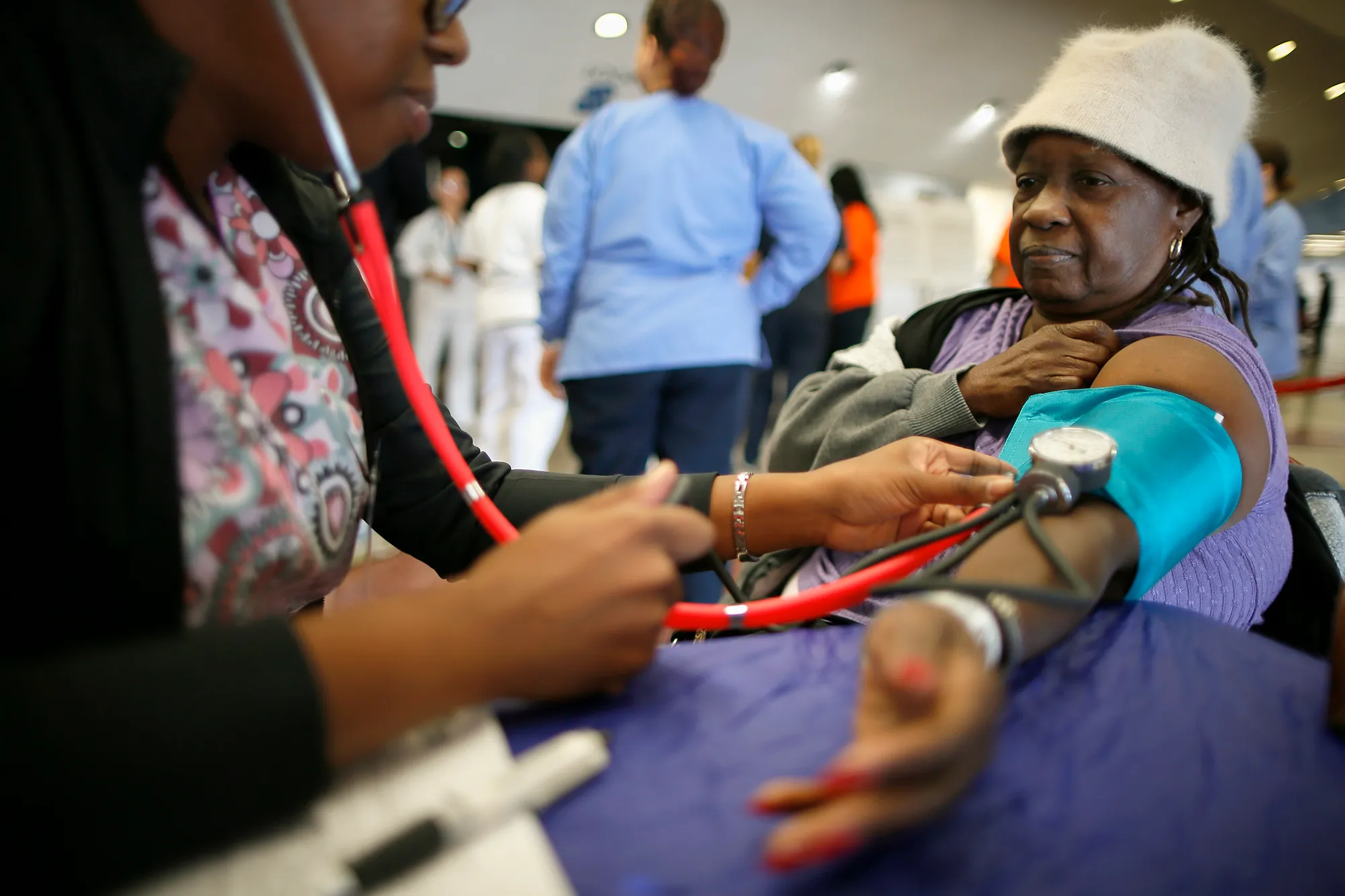United States Healthcare System And Free Healthcare For Minorities Part 2
- iasmith1
- Apr 16, 2023
- 2 min read
The limitations of Medicare create economic challenges for minorities. Medicare does not cover such medical needs as prescription drugs, dental care, and long-term care, and it imposes various out-of-pocket medical expenses: an annual deductible for some care, copayments on physician charges, and payment for one day of inpatient care.
According to an actuarial report by the Centers for Medicare and Medicaid Services, Medicaid expenditure growth is also affected by State’s decisions in operating their programs. In the past, States took steps to control the costs of their Medicaid programs, especially during periods of relatively faster growth, and many States have taken such steps to slow the rate of expenditure growth in recent history. Common methods have included freezing or reducing provider reimbursement rates and limiting or curtailing optional health care benefits. States have also used managed care and alternative care delivery approaches to control costs in their Medicaid programs.

Dr. Joanna Jackson who is a Health Care Management Professor at Winthrop University in Rock Hill, SC and former Nurse and Client Specialist comes back with more information and states "If we look how the economy within the past two to three years we you can see that disparities in the health care system are only getting worse. Laws are getting taking out the system that where in place for people to afford health care and even the helping to increase the affordable care act has decrease".
First Photo: (Protesters join together in front of the office of Rep. Carlos Curbelo (R-FL) on August 3, 2017 in Miami Florida)
Second Photo: (An African American Male Getting The COVID-19 Vaccine)
Third Photo: (Protesters for Healthcare For All)
Fourth Photo: (Carolyn Jackson, 68, has her blood pressure measured at a free medical clinic in Los Angeles)
Allysia Samuel who is a current senior Social Work Major at Winthrop University states that "As someone who is interning now in the social work field I have a lot cases at my current internship that minority parents and guardians struggle the most with affording the proper health care for not their children but themselves as well".
The U.S. healthcare system faces significant challenges that indicate the urgent need for reform. There is broad evidence that Americans, especially minorities, do not get the care they need even though the United States spends more money per person on health care than any other nation in the world. Preventive care is underutilized, resulting in higher spending on complex, advanced diseases. Patients with chronic diseases such as hypertension, heart disease, and diabetes all too often do not receive proven and effective treatments such as drug therapies or self-management services to help them more effectively manage their conditions. This is true for insured, uninsured, and under-insured Americans. These problems are exacerbated by a lack of coordination of care for patients with chronic diseases. The underlying fragmentation of the healthcare system is not surprising given that health care providers do not have the payment support or other tools they need to communicate and work together effectively to improve patient care and obtain free health care for minorities.
To read more about this story, get the information on part 1 and listen to the in depth conversation with Dr. Joanna Jackson click the link here https://iasmith1.wixsite.com/isaac-smith-tv/post/your-title-what-s-your-blog-about








Comments